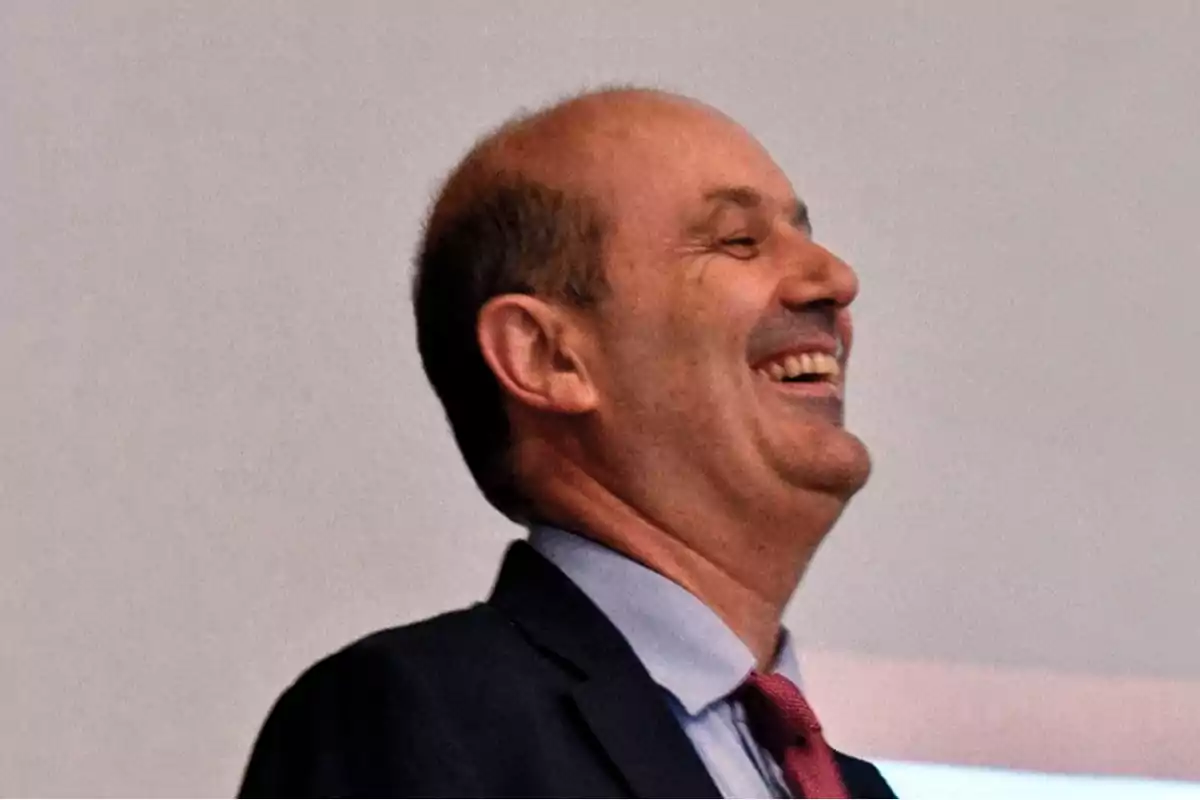
Federico Sturzenegger opens the debate on revenue sharing with a key move
Modifying the Federal Revenue Sharing system is one of the structural reforms that LLA proposes for the long term
Federico Sturzenegger, Minister of Deregulation and State Transformation, surprised this Sunday by publicly suggesting that the Government shouldn't veto the bill approved in the Senate regarding the redistribution of National Treasury Contributions (ATN). His reasoning was clear: if enacted, it could be used as a precedent to amend the Federal Revenue Sharing Law from Congress, without going through the complex approval of the 24 provincial legislatures.
"If the president asks me, I'd say: don't veto this one", Sturzenegger stated on LN+. "The Senate has just validated that the Revenue Sharing Law can be amended with a simple law from Congress."
An unexpected argument
The minister's proposal wasn't a formal Government guideline, but rather a "technical maneuver" as described by those close to him. However, it caused enthusiasm among officials and pro-government legislators, who saw in his words a brilliant tactical move to weaken the position of the provinces that promoted the initiative.

"This isn't being planned in the Executive, but it was an intelligent way to expose how poorly thought out the governors' vote was," sources close to the Government explained to Infobae.
Meanwhile, a high-ranking source at Casa Rosada was blunt: Javier Milei is going to veto the bill, without a doubt.
Revenue sharing: the existing limits
Amending the Federal Revenue Sharing regime is one of the structural reforms that La Libertad Avanza is planning for the long term, within what it calls "third-generation reforms." This stage would come after the labor, tax, and pension changes the Government is projecting for 2026 and 2027.
The idea of eliminating Revenue Sharing is included in Milei's electoral platform, which proposes replacing it with more direct and competitive mechanisms among jurisdictions.
The May Pact, signed by 19 provinces and excluding Buenos Aires, Formosa, La Pampa, La Rioja, and Tierra del Fuego, included on its agenda the debate on Revenue Sharing. However, in the May Council, the governors are skeptical that progress can be made on a reform without immediate judicialization.

The Senate, the bill, and Sturzenegger's interpretation
The bill promoted by the provinces seeks to redistribute the ATN in a "more equitable" manner. For Sturzenegger, its approval in both chambers would set a legislative precedent: that it's possible to amend sensitive aspects of fund distribution without the endorsement of each province, something that until now was considered impossible without unanimous agreement.
In this context, the minister suggested that voting in favor of the bill is a tacit admission that ratification from each jurisdiction isn't necessary to alter Revenue Sharing, which unsettles provinces like Formosa, which enjoy protected percentages.
Despite the commotion, the ruling party has no intention of moving forward with a substantive reform at this time. Instead, Sturzenegger's move exposed the governors' contradictions and opened a new front of discussion on fiscal federalism in Argentina.
More posts: